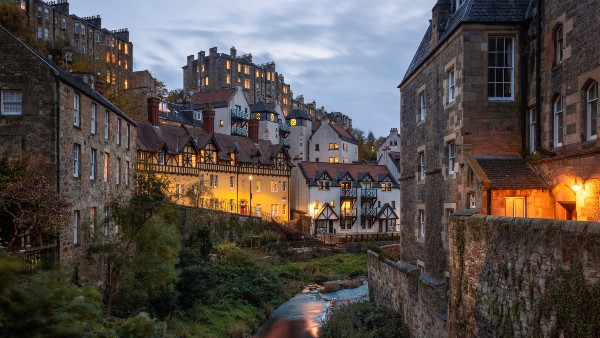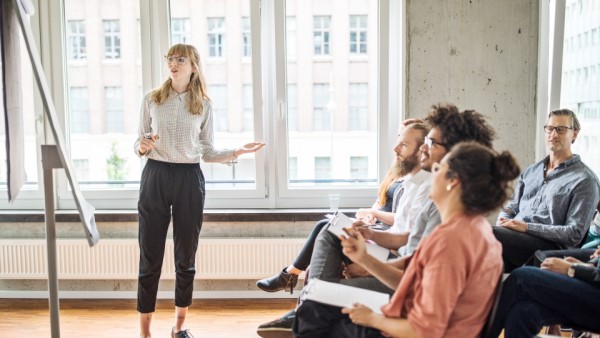Please note this is an online-only event.
What will it take to restore balance to our world for future generations’ survival?
The focus on sustainable design has led to a great deal of positive change in our shared built environment, but for two visionary systems change thinkers, it’s now time to embrace a radical, regenerative design approach for a truly flourishing future.
Michael Pawlyn, founder of the innovative biomimicry architecture firm Exploration, has joined forces with Sarah Ichioka, urbanist and leader of multi-disciplinary strategic consultancy firm Desire Lines, on a new book which maps out key design paradigms in a time of planetary emergency.
They argue that as a globalized society, we urgently need to reach the turning point in human civilization where everything we do not only doesn’t cause harm, but actually has a net positive impact on the environment. By embracing approaches that restore ecosystems, reunite divided communities, and reciprocally enhance the interdependent health of people, place and planet, their approach to the built environment may be just what the planet needs.
Check out the RSA's work on Regenerative Futures.

